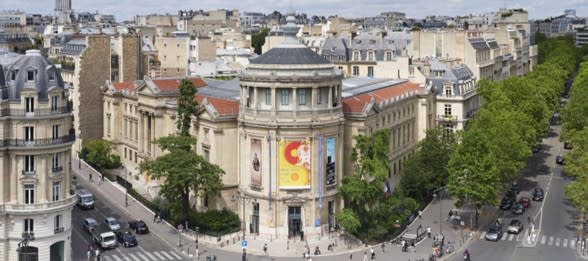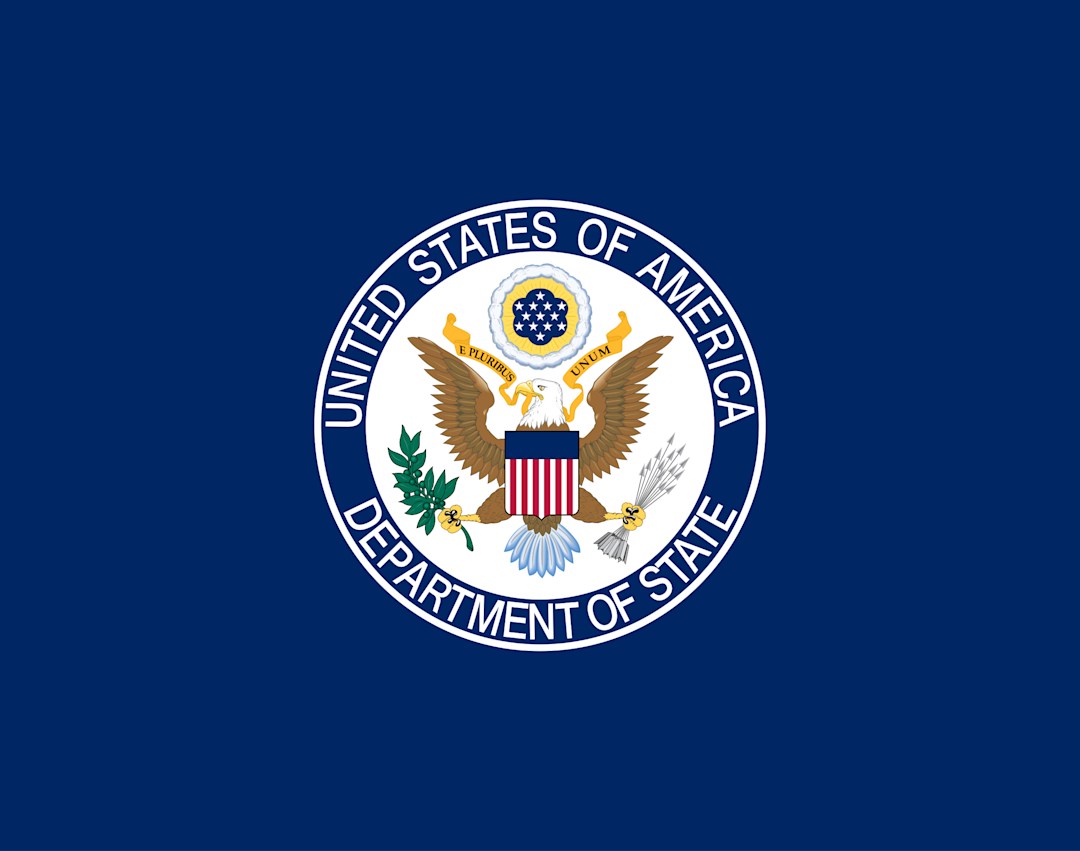The United Kingdom’s gap

Every person who has been to the capital of the United Kingdom, London, and used the subway knows this phrase: “Mind the gap.” The phrase refers, in this particular case, to the gap between the train and the platform. On the other hand, we can also interpret this phrase as applying to the gap between the United Kingdom and the continent. Being an island, the UK has always been different from other continental nations in terms of culture, behaviour, politics, and more. This brings me to the following question: How does this geographical “gap” shape the UK’s diplomatic relations?
The “gap” is a fact, but it doesn’t only exist between the UK and its neighbours; it also exists within the kingdom itself. Since 1922, the United Kingdom has been made up of four countries: England, Scotland, Wales, and Northern Ireland. An event that illustrates the internal fragmentation of the UK, and which you have probably heard about since 2016, is Brexit. The referendum revealed differences between the nations. Scotland and Northern Ireland wanted to remain in the European Union, but, as we all know by now, that did not happen.
As mentioned before, the United Kingdom is “different”. This may be explained by its geographical position, which isolates it from the continent, thus cultivating a distinct “way of life.” Others believe that history plays a bigger role in setting the UK apart from other countries. Regardless of which theory you prefer, one thing is certain: the UK has a different approach to diplomacy than we (speaking as a European) are used to. However, in 1973, the UK joined the EEC, marking the beginning of a diplomatic strategy centered around the idea that a strong connection to Europe would complement the transatlantic link. This integration showed its limits, leading to the 2016 referendum and, ultimately, to Brexit in 2021. It illustrated the thin line between the continent and "the island." Three factors were compromised during the EU integration process: the identity of the states, their role, and their status. This created a divergent need for self-identity among the British people.
Brexit is the most dislocating event in the United Kingdom’s diplomacy since the Second World War, marking a major shift in British diplomatic strategy. It has forced the UK to seriously reconsider how it wants to redefine its identity, apply its roles, and improve its status. The post-Brexit era is characterized by the UK’s new position in international relations, especially in its interactions with the EU, the UN, and the Commonwealth.
Regarding the EU-UK relationship, the UK is now considered a third country (meaning it is no longer a member of the European Union and its citizens no longer have the right to free movement within the EU). However, the UK and the EU still collaborate on trade, regulatory issues, shared information, and border cooperation arrangements.
The UK maintains strong leadership in UN activities even after Brexit, as demonstrated by its involvement in Mali. When Ukraine was invaded by Russia in 2022, the UK took a leading role in assisting Ukraine militarily (also through NATO), politically, and diplomatically. Through these actions, the UK asserts its position on the global stage.
Concerning the Commonwealth, Brexit has weakened the UK’s position within the organization, leading to a certain fragmentation. On the other hand, the Commonwealth provides an opportunity for the UK to become a global player once again, offering an alternative to the EU. The Commonwealth consists mostly of former British colonies, so the UK must be cautious in its position and approach toward other Commonwealth states. UK knows it has gained lots of wealth troughout former colonies, but must resist to the will of the past.
This brings us back to “the gap.” Despite being an isolated island, the United Kingdom remains an important global actor. However, this gap has shown its limits, especially in relation to the European Union and the Commonwealth. This leads me to the conclusion that the solution to the gap lies in a flexible diplomatic strategy that adapts to the needs of the British people as well as those of the UK’s partners. Only then will the gap become smaller. But will it ever disappear? All eyes are on the future.
Sources:
-Nina Ketelaar, "Mind the gap"
-Amelia Hadfield & Richard G. Whitman, "The diplomacy of ‘Global Britain’: settling, safeguarding and seeking status"
-The Guardian
-British foreign policy and diplomacy: Foreign Secretary's speech, 12 December 2022



